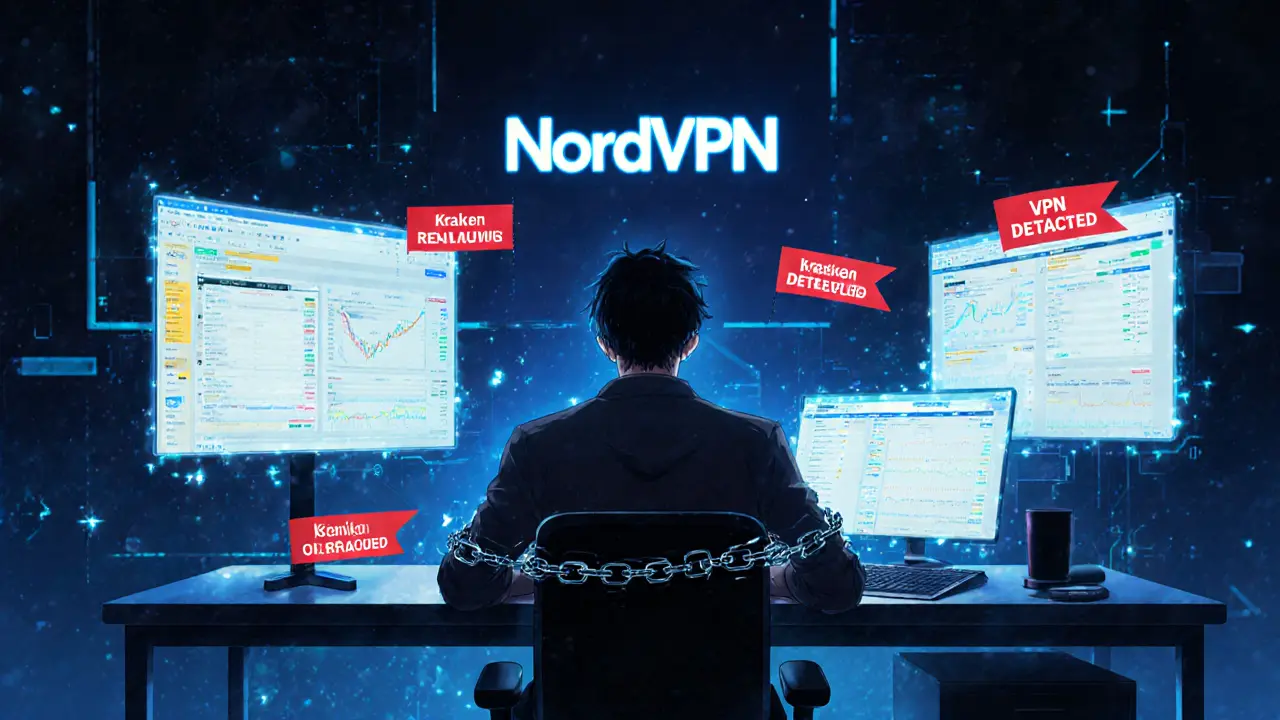VPN for Crypto: Why You Need One and How It Keeps Your Trades Safe
When you trade crypto, your VPN for crypto, a virtual private network that encrypts your internet traffic and hides your real IP address. Also known as crypto privacy tool, it’s not optional if you’re serious about staying anonymous, avoiding censorship, or protecting your assets from hackers. Most people think their wallet seed phrase is the only thing that matters—but if you’re trading on public Wi-Fi at a coffee shop or accessing Binance from a country with strict controls, your IP address is just as exposed as your private key.
A VPN for crypto, a virtual private network that encrypts your internet traffic and hides your real IP address. Also known as crypto privacy tool, it’s not optional if you’re serious about staying anonymous, avoiding censorship, or protecting your assets from hackers. isn’t just about hiding your location. It’s about controlling who sees your activity. If you live in a country like Egypt or Bangladesh where crypto is legally murky, a VPN lets you access exchanges without triggering bank blocks or government monitoring. In places like Iran or Turkey, where exchanges are restricted or frozen, a good VPN is how users bypass censorship and keep trading. And if you’re using a public hotspot? Without a VPN, anyone nearby with basic tools can track your crypto transactions, see which wallets you connect to, and even steal your session cookies.
It’s not just about access—it’s about crypto privacy, the practice of concealing your digital footprint during cryptocurrency transactions to avoid surveillance or targeting. Your IP can be linked to your wallet addresses, especially if you’ve ever traded on a centralized exchange that logs your location. A VPN breaks that link. It also helps you avoid geo-restricted airdrops or exchange promotions that only work in certain regions. And if you’re running a node or mining setup, a VPN adds a layer of protection against DDoS attacks and identity leaks.
Some users think they’re safe because they use a hardware wallet or a non-custodial exchange. But if your internet connection is exposed, your entire operation is vulnerable. A bad VPN can leak your real IP. A free one might sell your data. That’s why choosing the right one matters more than you think. Look for no-logs policies, WireGuard protocols, and servers optimized for low latency—because when the market moves fast, you can’t afford lag.
What you’ll find below are real, practical guides on how to pick a trustworthy VPN, which ones work best with major exchanges like Bybit or Binance, how to avoid scams disguised as "crypto VPNs," and how to use them safely with P2P trading in places like Egypt or Nigeria. You’ll also see how VPNs interact with crypto regulations in Norway, India, and Brazil—where governments are watching closely. This isn’t theory. These are tools real traders use every day to stay in the game—and stay safe.
- October 28, 2025
- Comments 21
- Cryptocurrency

